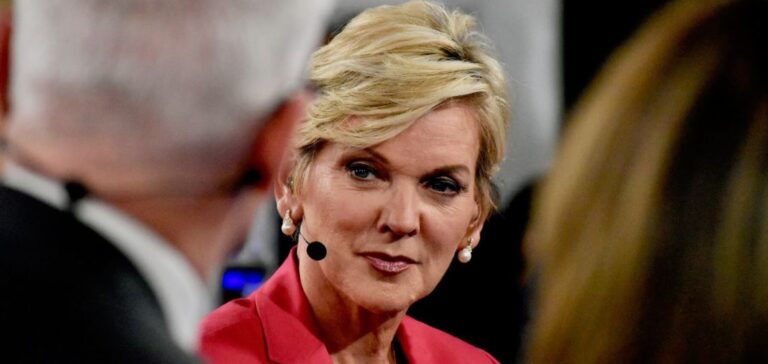U.S. Secretary of Energy Jennifer Granholm said at the CERAWeek energy conference in Houston, Texas, that the U.S. will be the world leader in the energy transition. Led by Gov. Biden, the U.S. Congress passed a 2021 infrastructure investment plan and Inflation Reduction Act (IRA) focused on the energy transition. In total, these two legislative packages provide nearly $500 billion in grants, loans and tax incentives to accelerate the development of renewable energy, carbon neutralization technologies and storage and transportation infrastructure. “The Biden administration has made the United States the most attractive destination for new energy and decarbonization technologies,” argued Jennifer Granholm.
Friendly competition with foreign partners
Many foreign elected officials and politicians, especially in Europe, have expressed reservations about the IRA, calling it a penalty for other countries and regions by massively subsidizing the energy transition. However, Jennifer Granholm said that European companies love U.S. measures, but governments do not. She called on foreign governments to provide tax incentives for clean energy production in their countries, calling the situation “friendly competition. The minister also said that the United States will continue to work with its partners without starting a trade war.
An increase in oil and gas production
At the CERAWeek conference, Jennifer Granholm said she was pleased with the increase in U.S. production volumes over the past year, both oil and gas, and the prospects for increases this year and next, according to estimates from the U.S. Energy Information Agency (IEA). This increase has prevented energy shortages for the United States’ foreign partners and limited the volatility of prices at the pump in the United States.
In short, the United States is positioning itself as a world leader in the energy transition, thanks to massive investment in renewable energy. Friendly competition with foreign partners for clean energy production is encouraged by the US government. U.S. oil and gas production is on the rise, helping to avoid energy shortages and limit price volatility at the pump.






















